The Coldest Winter on Record – 1780
It is the winter of 1780 and Alexander Hamilton, along with his commander, George Washington, and troops are in Morristown, New Jersey. Twenty-eight separate snowstorms relentlessly banter the town. In addition, a single blizzard in January lasted three days resulting in snowbanks as high as six feet tall. Although Washington is a stickler to order and civility, he cannot bring himself to penalize his men who steal from nearby inhabitants.
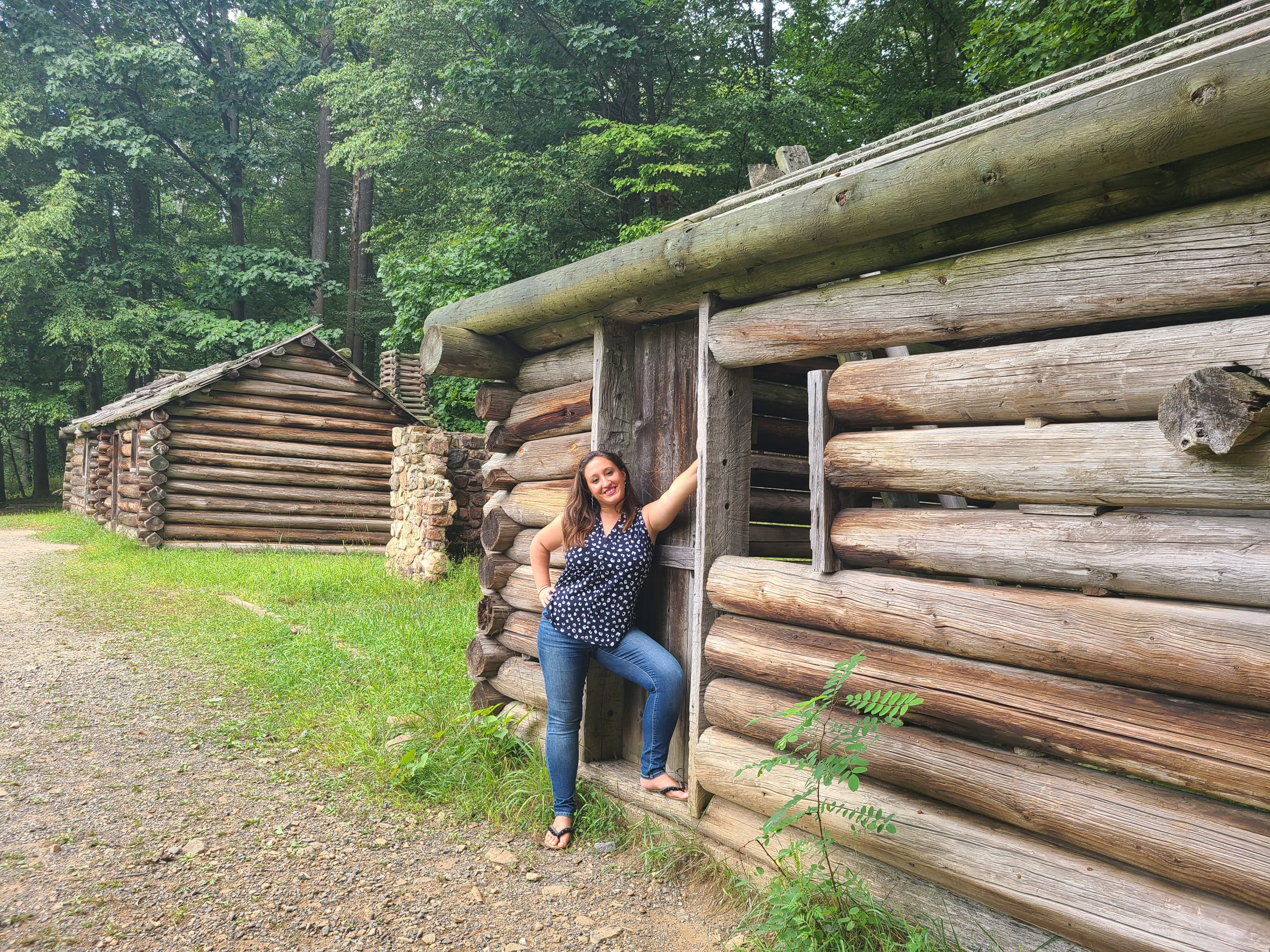
It’s been several days since any of the thousands of men have had decent food. Hamilton, serving as Washington’s aide-de-camp writes letters to Congress telling of their desperate state and lack of supplies. This defining winter during the American Revolution solidifies his notion that a weak central government is ineffective. This idea will stay with him even as he becomes a major political player after the war.
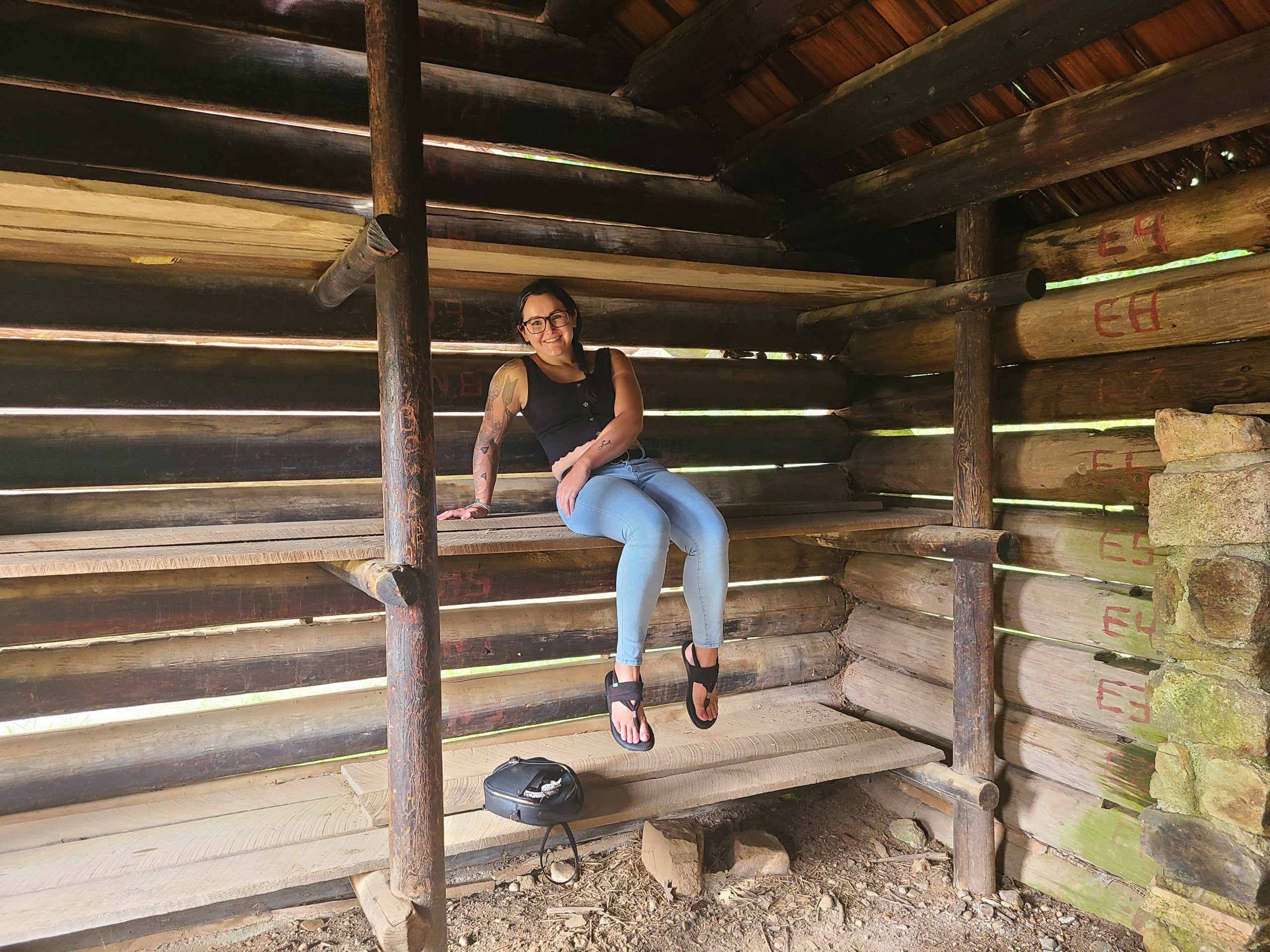
Despite the unbearable, frigid weather in one of the coldest winters on record in New Jersey, February brings unexpected social opportunities for the young lieutenant colonel. It also brings the woman, who would go on to be Hamilton’s bride, to Morristown. Eliza Schuyler arrives on February 2nd.
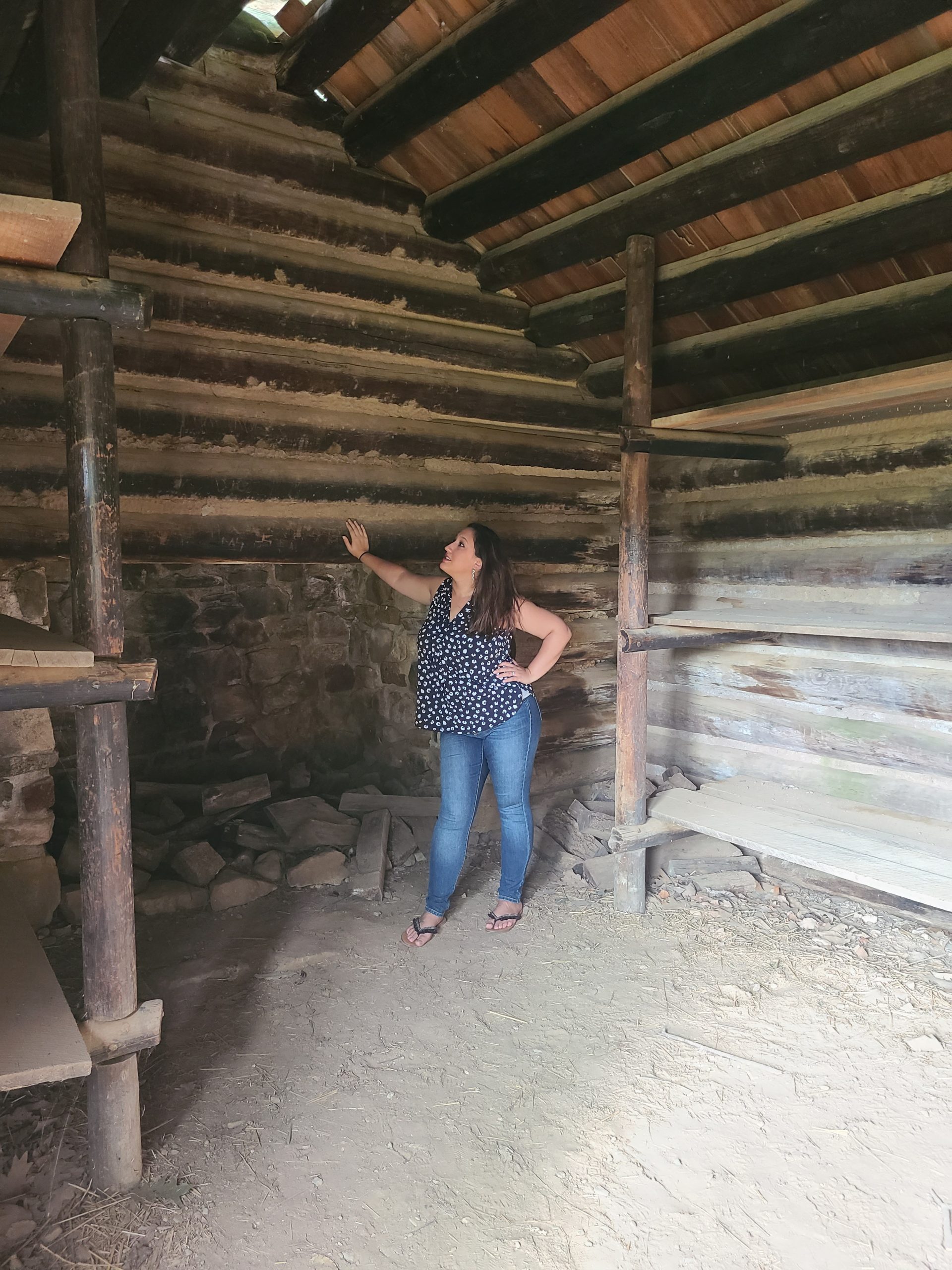
When driving around Morristown, New Jersey without any kind of background about the place, you might pick up on a theme.
The town really seems to have a thing for Americana. In particular, flag bunting. It turns out, Morristown is not home to folks who just happen to be super patriotic. Some very important and unimaginable history happened there. Visitors to Jockey Hollow National Park have the opportunity to imagine what life in the winter of 1780 may have been like.
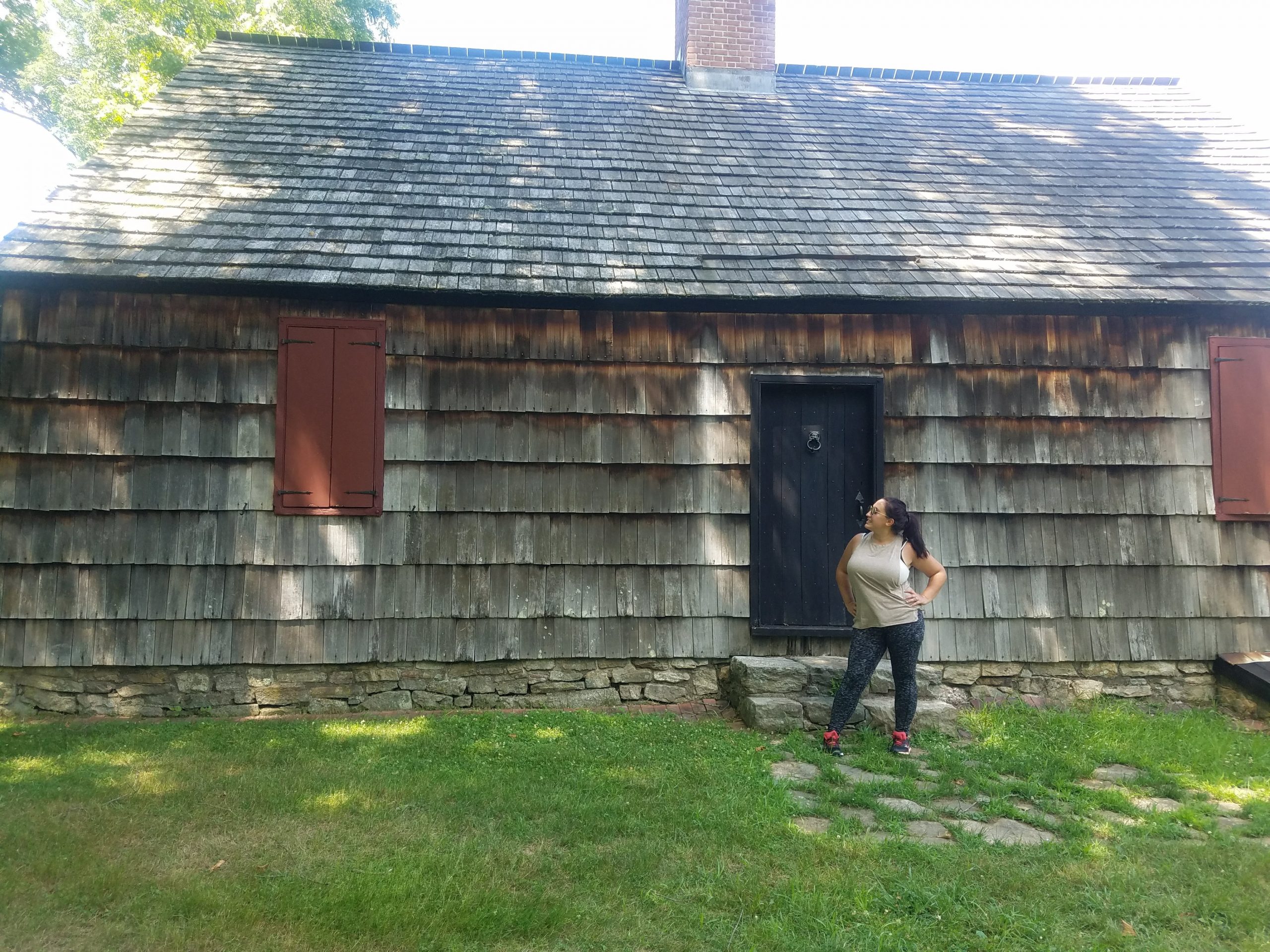
What were conditions like?
That largely depends on who you were, and your station as well.
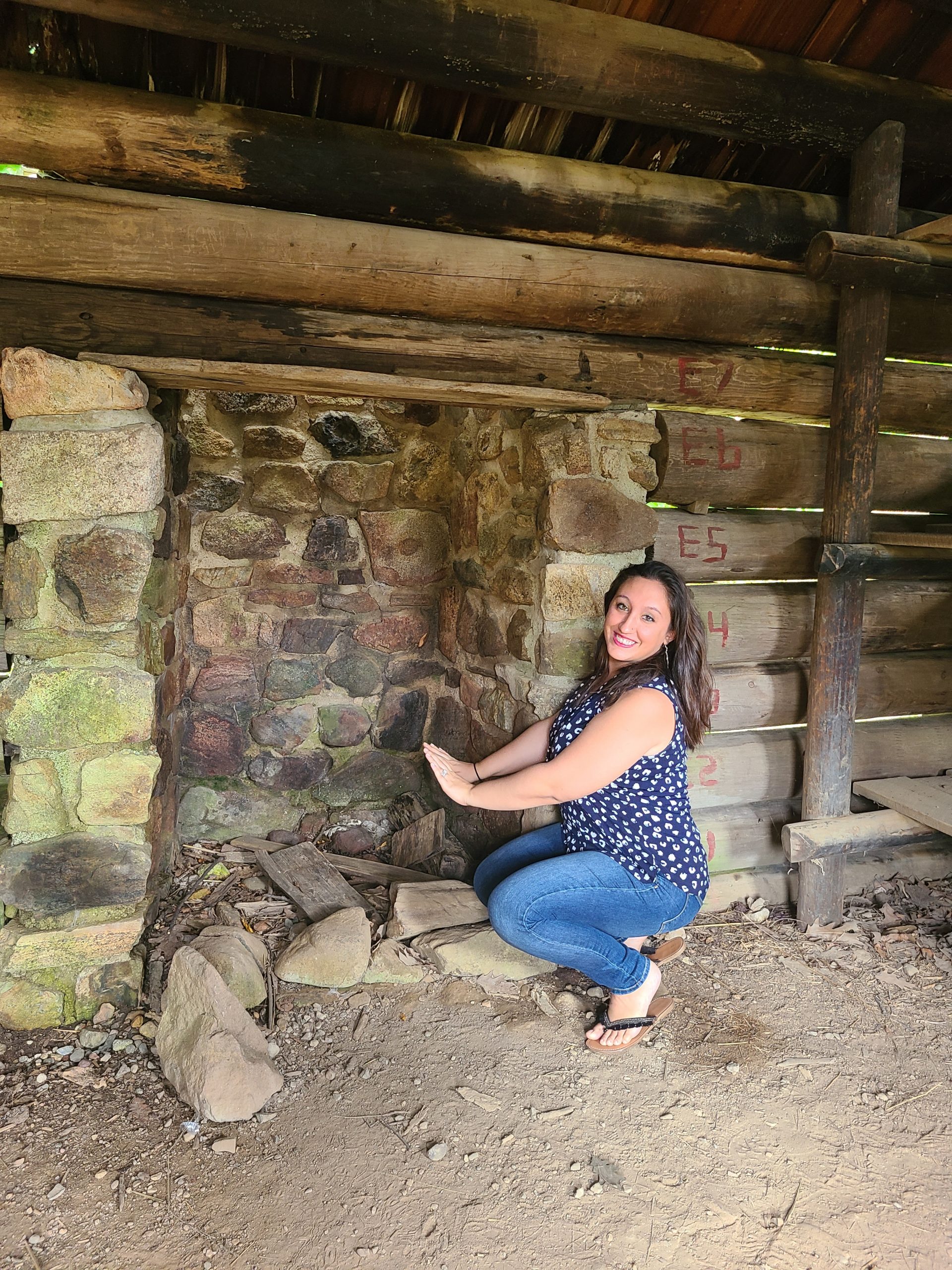
Over 1,000 soldiers slept in crude huts that fit about 12 men. The huts consisted of little more than bunk beds made of planks. There is also a fireplace in the middle for warmth and cooking.
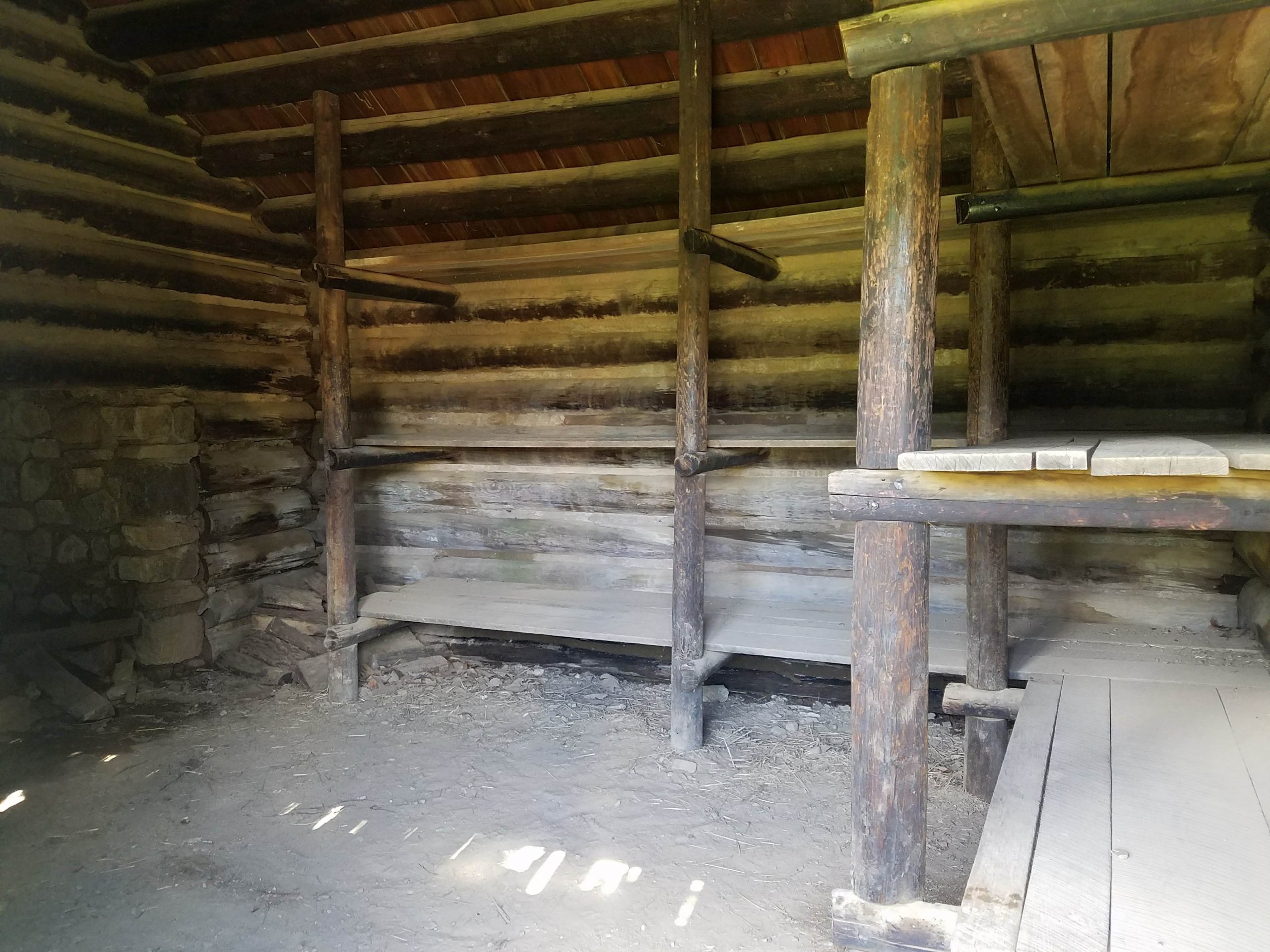
Down the road is Washington’s Headquarters. Originally it was built in the 1770’s for the Ford family. Jacob Ford Jr, the patriarch, served as a colonel for the local militia during the Revolutionary War. Left widowed after the passing of her husband, Ford’s wife resigned herself and her four children to two rooms of the house. She allowed George Washington to use the rest of the home as his headquarters during that cold aforementioned winter. He brought along with his wife, slaves, and the occasional guards. His aides-de-camp lived here as well, including Alexander Hamilton.
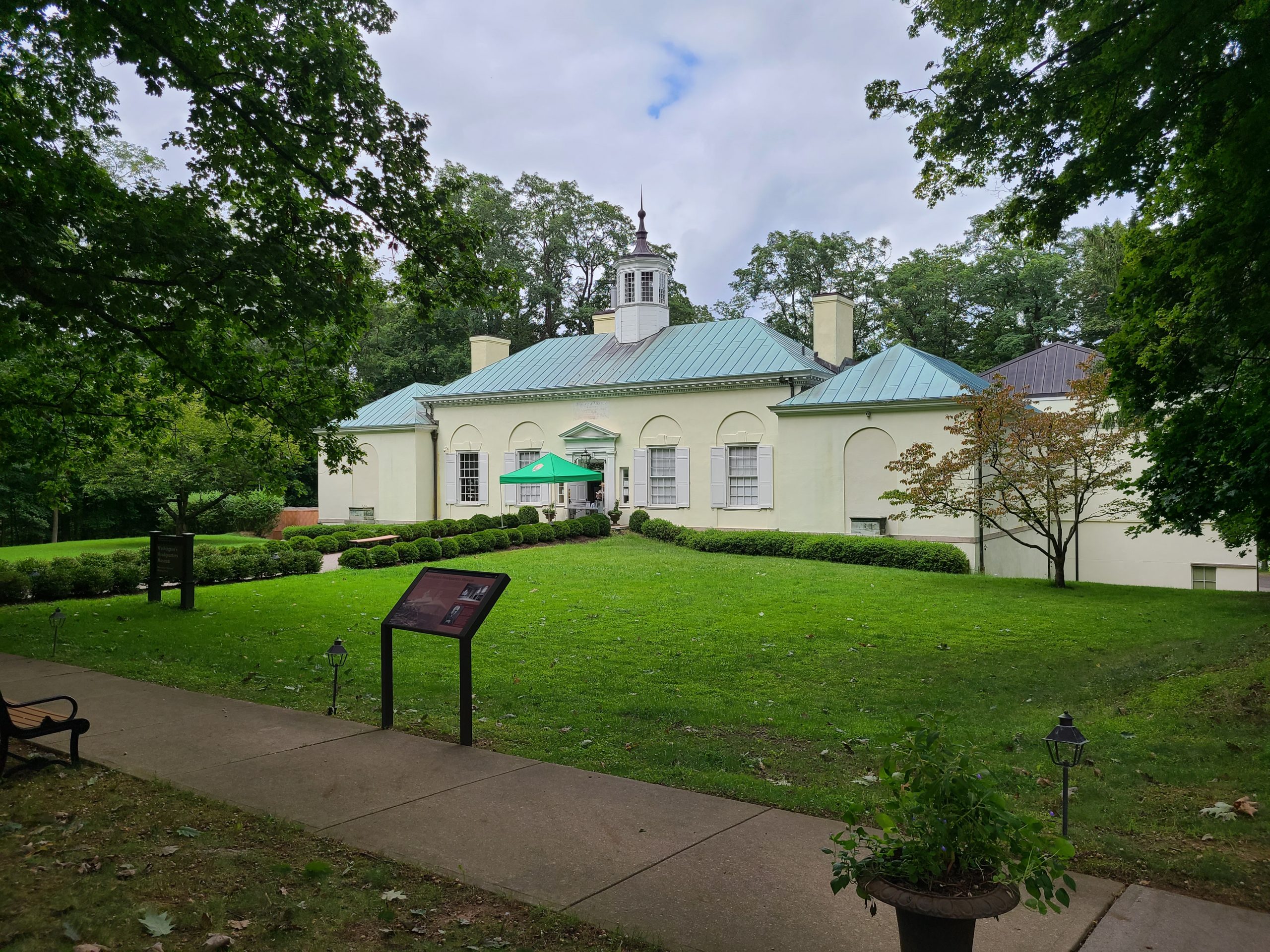
Hamilton’s Role in Morristown.
Hamilton was prone to not only physical sickness which often left him weak, but also emotional sickness. The snowstorms of that year in Morristown made it incredibly difficult to get around the area. John Laurens, Hamilton’s best friend had left to serve in combat in South Carolina. Hamilton requested to serve alongside him, and Washington denied his request, as he often did when Hamilton asked to leave for a new position.
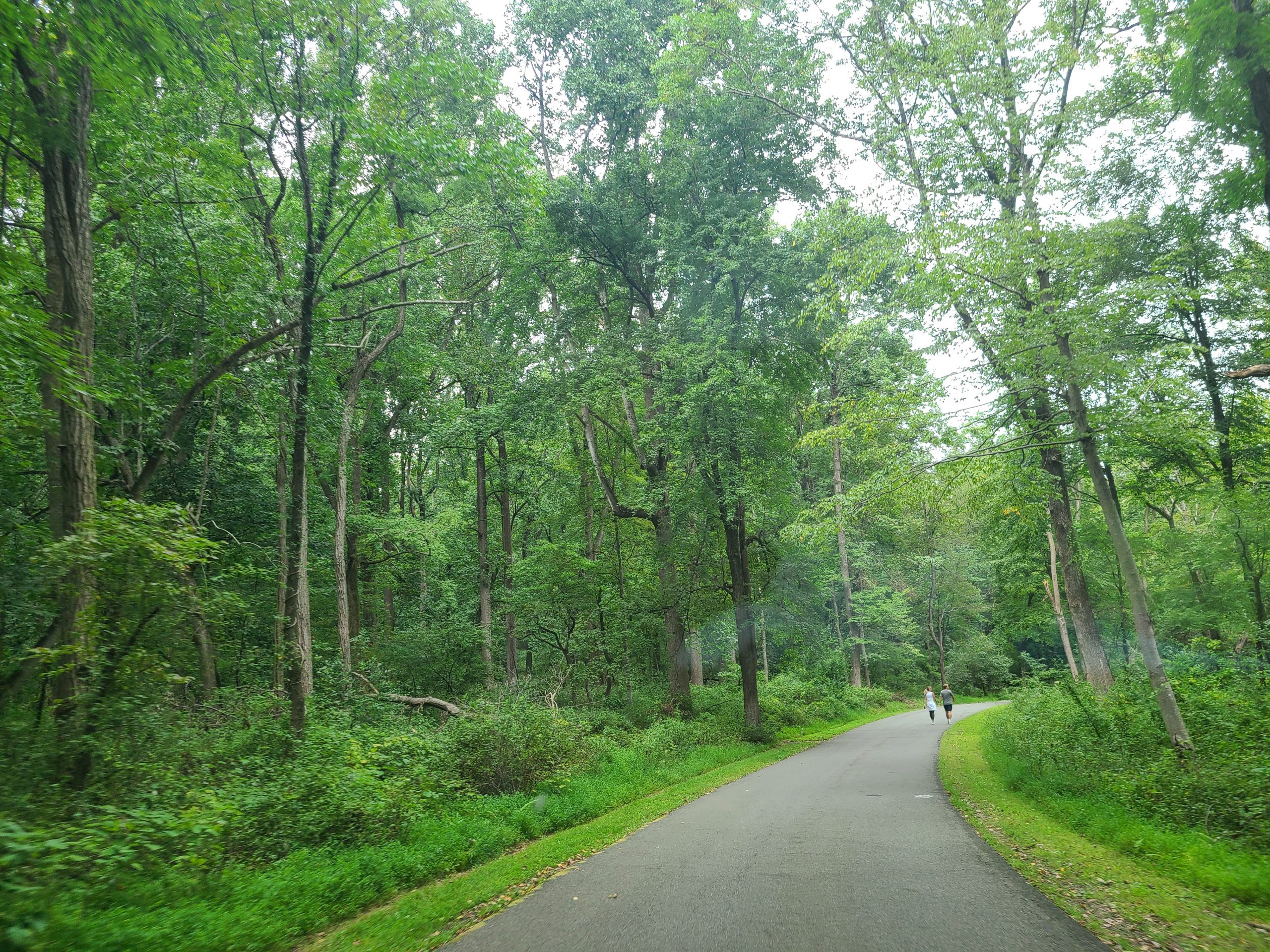
In Hamilton, Washington found someone who could emulate him with an unbelievable degree of precision. Washington trusted Hamilton to act as his proxy in many important situations. Hamilton acted, wrote, and spoke almost as if he were Washington, knowing how and from where he spoke. Hamilton also had a great command of the French language and could communicate with French soldiers and commanders.
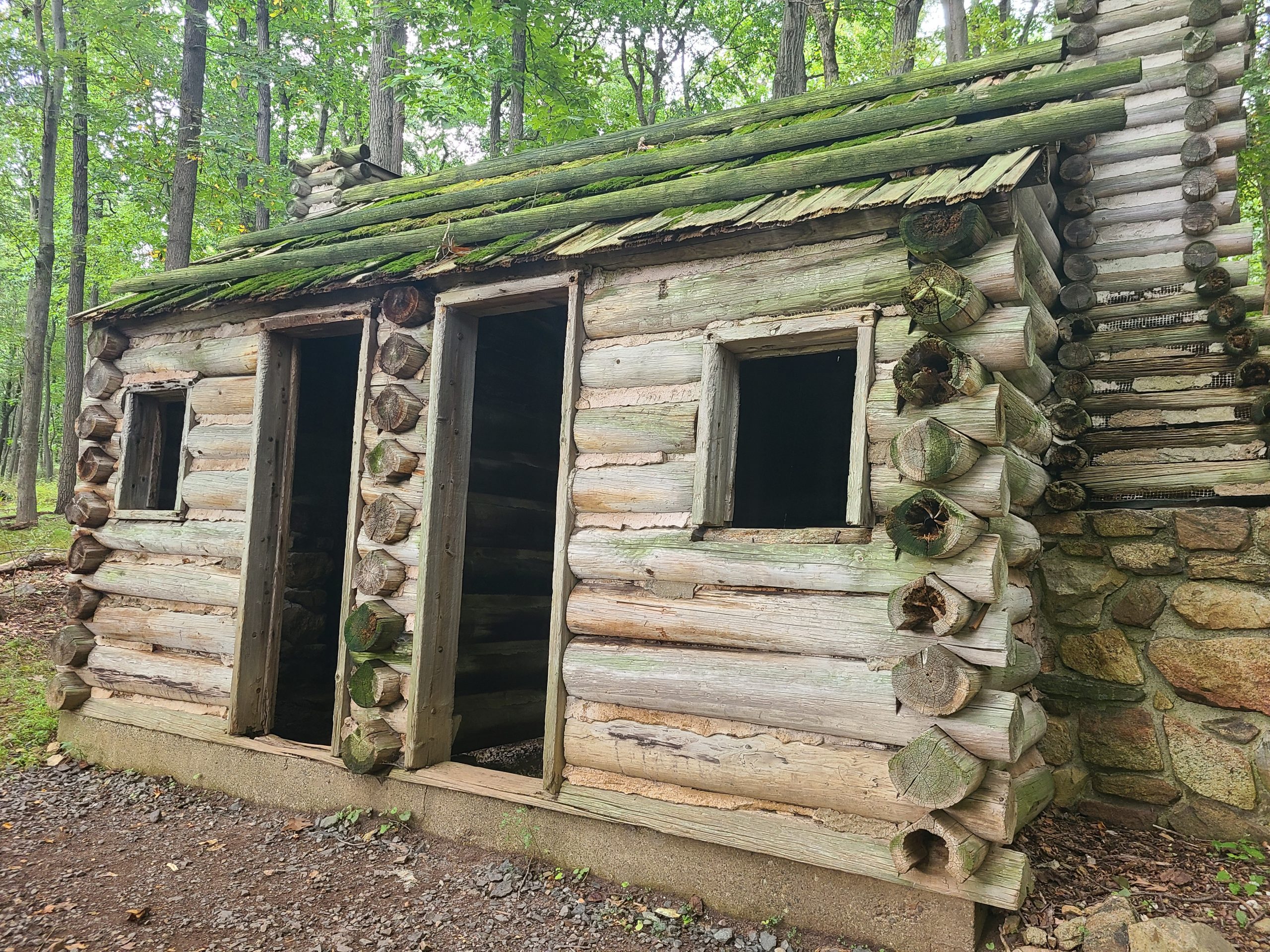
Laurens leaving made Hamilton incredibly depressed, and in one letter he alludes to wanting to commit suicide.
Some happiness and hopefulness was bestowed whenever women would visit the camp and when events, such as fancy military balls would be held. Hamilton found a number of women to hold his attention and somewhat take his mind off of his best friend including a woman named Cornelia Lott – that is, until Eliza came into the picture.
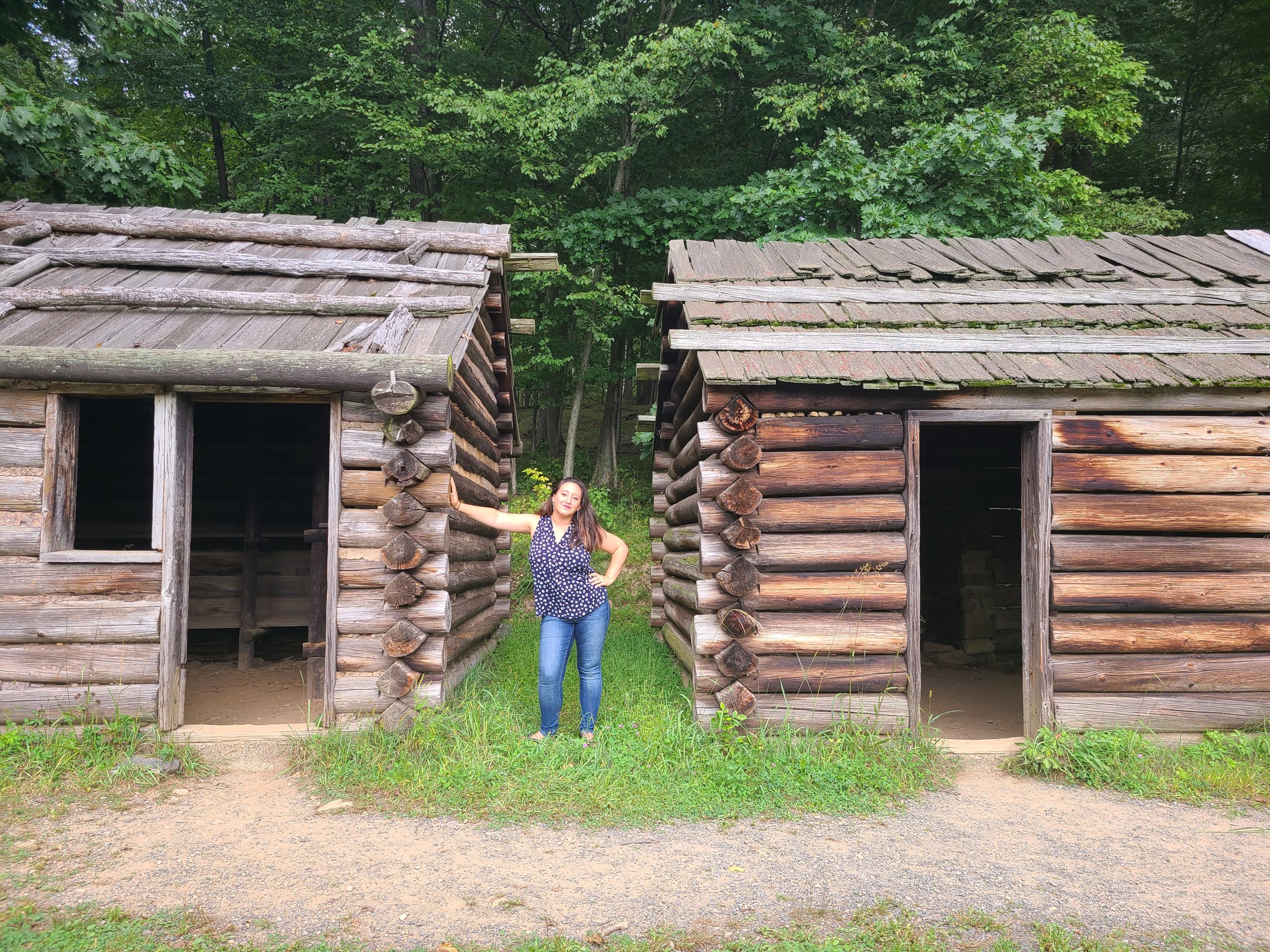
Eliza’s father, Philip Schuyler, had a brother in law who was a well known physician near Washington’s encampment and she went to stay with his family for some time. Hamilton’s being a lieutenant colonel made it socially acceptable for him to socialize with her, the daughter of one of the most famed families in New York, on equal terms. Despite the musical saying otherwise, this is not the first time the two would have met, they actually met in a less than exciting encounter in 1777 in Albany when Hamilton was on business.
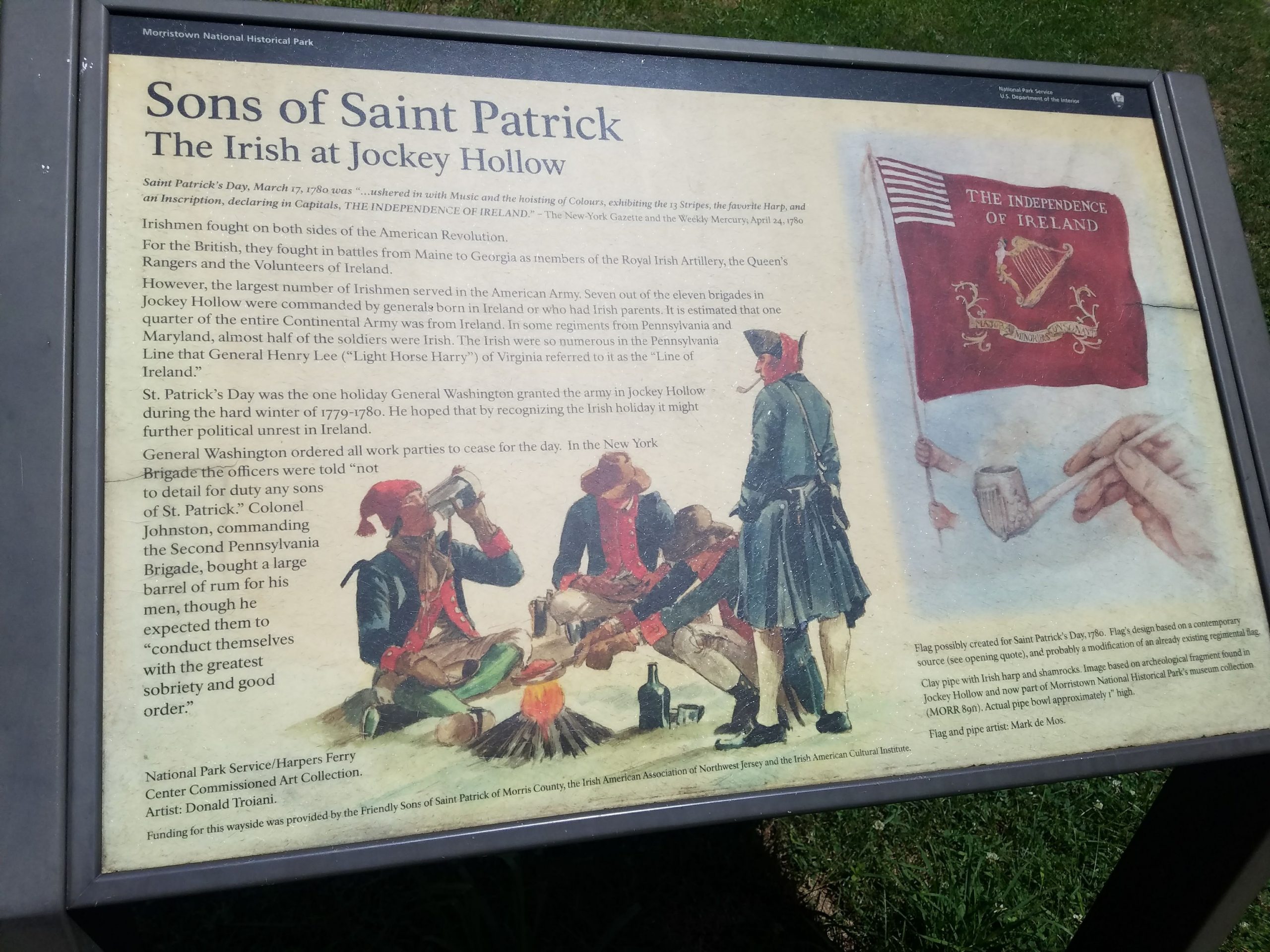
After re-acquainting themselves, Hamilton called on Eliza at her uncle’s house nearly every night. One night, after leaving her, he was so smitten that he forgot the password to enter the military base. He struggled to recall something that should have came so easily to him. The watchmen eventually felt bad for him and let him in. He was head over boots in love. Hardly more than a month after their courtship began, the two decided to wed.
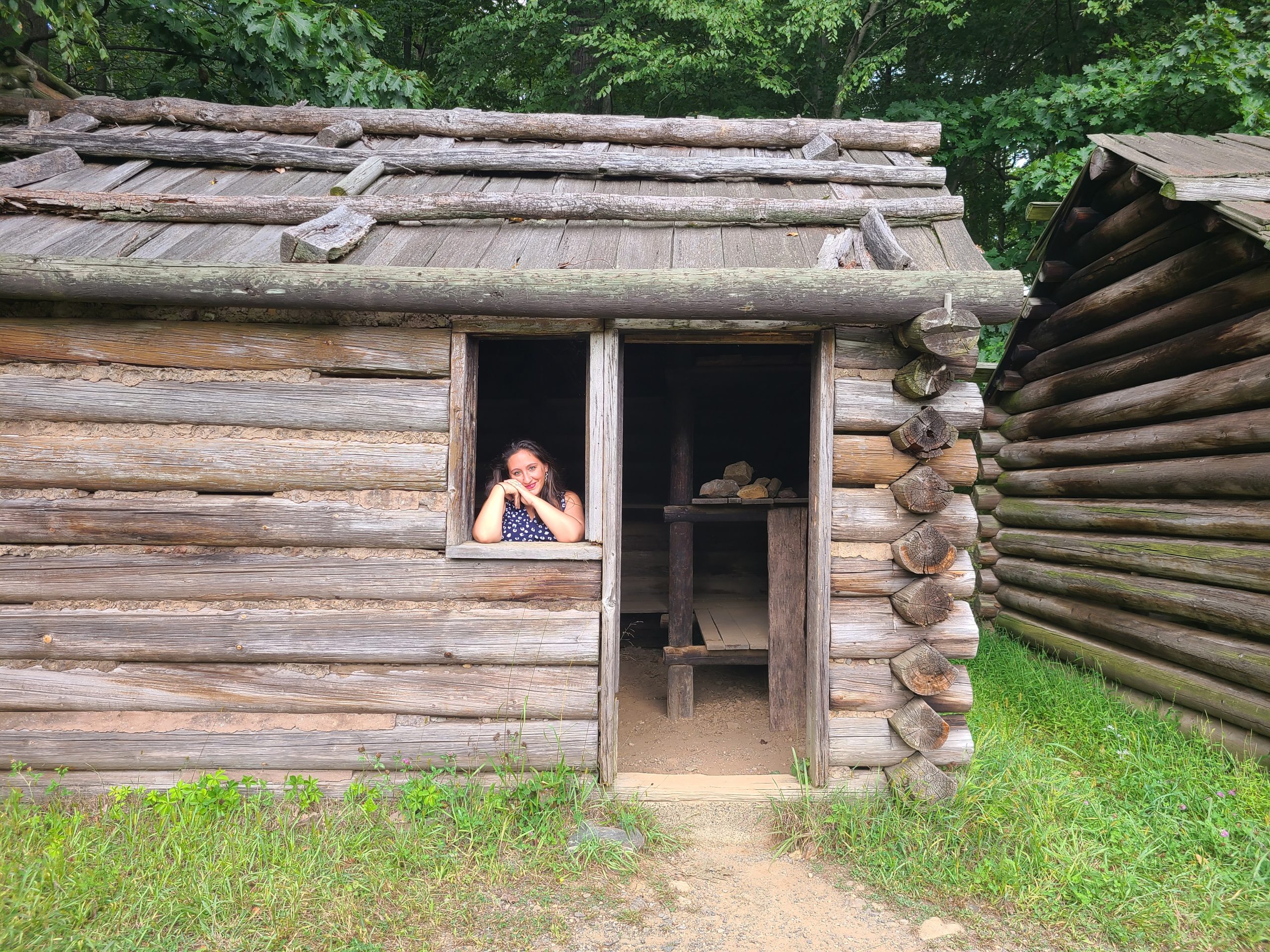
Visiting Today.
History buffs, exercise enthusiasts, and nature nerds will all enjoy their visit to Jockey Hollow National Park.
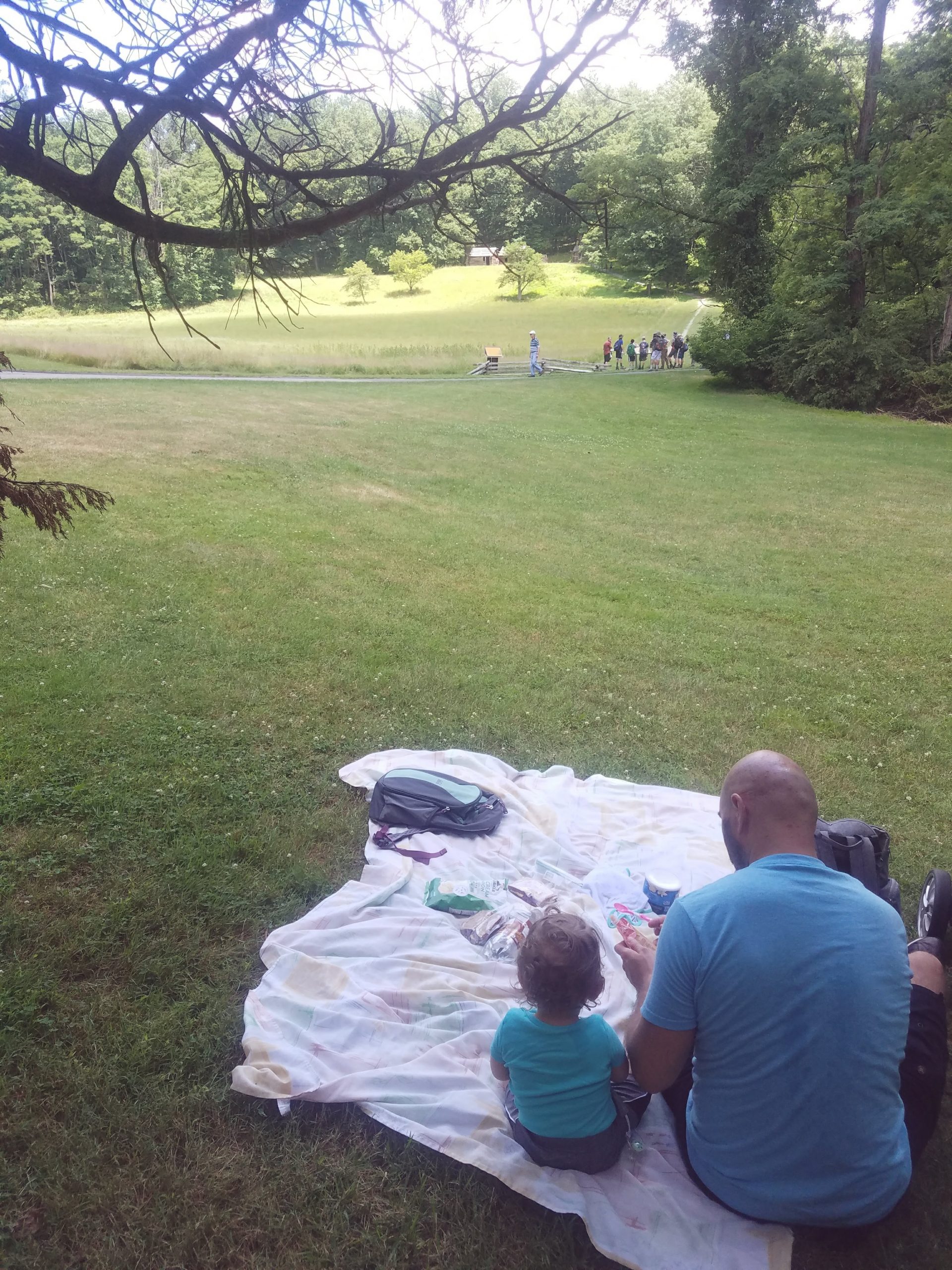
One of the most alluring parts of the hike (or drive) is the chance to see reconstructions of what the soldiers huts would have looked like. Set on top of a steep hill and among tall trees that whisper in the wind are four huts. The one in the back being for the officers of the army.
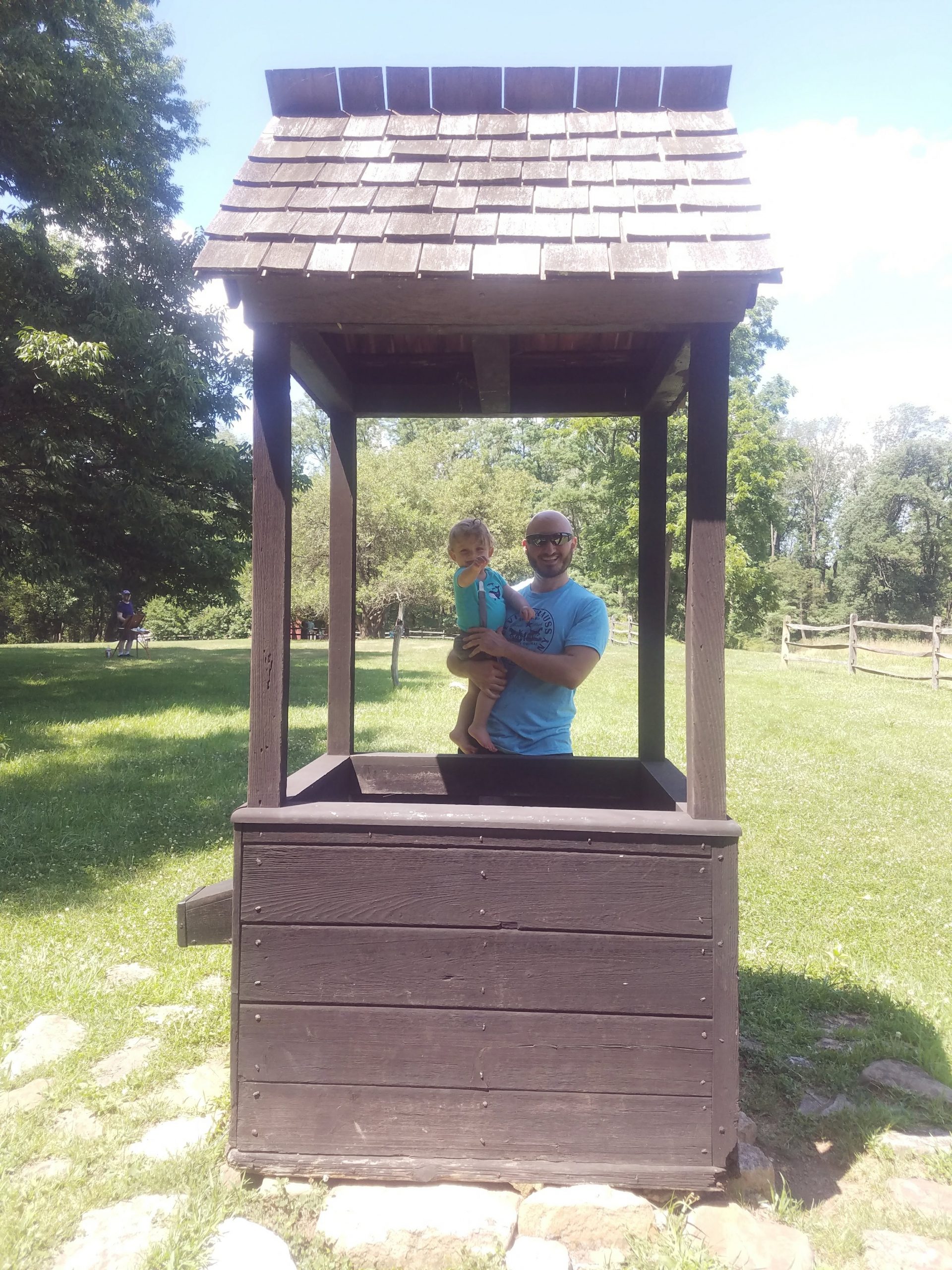
It’s incredible to take a look at the unrefined and basic livings of the huts.
Inside, they consist of wooden planks built to form bunk beds and a stone fireplace in the middle. If you’re highly imaginative, I recommend trying to conjure up images of what the site might have looked like over two hundred years ago. I certainly would not have the stamina or morale to take on the British army. Especially while living in those conditions during one of the coldest winters on record. Relying on militia men and not a government sanctioned military during the Revolution meant that the men would have been hard to keep control of. Many mutinied. A large number simply deserted their positions when conditions grew too extreme.
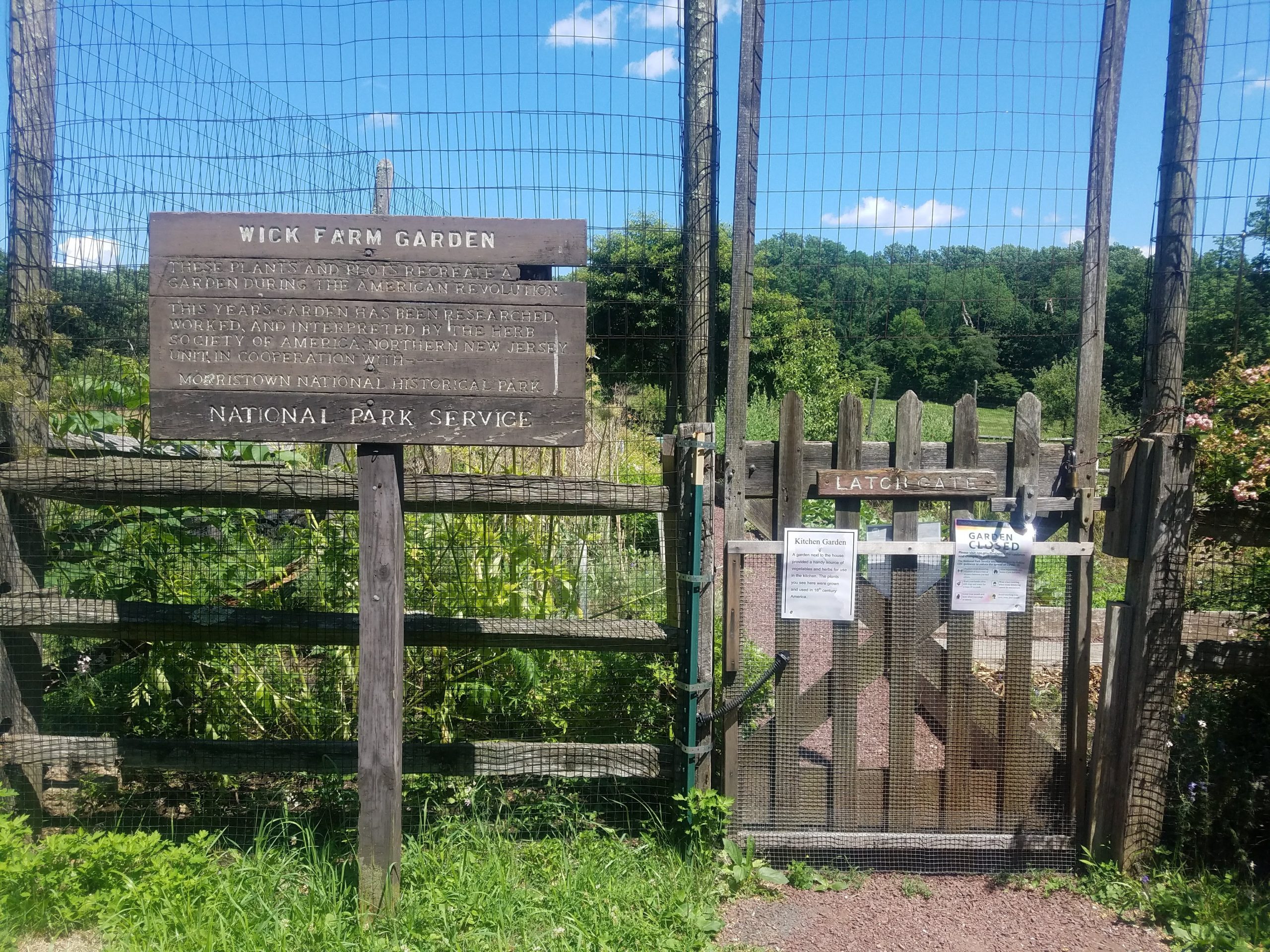
In layman’s terms, when one enlists in the military, you sign a contract. You are then forced to adhere to your commitment. During the Revolution, many of the soldiers fighting in Washington’s army were militia men. That is to say, men who joined the movement because they felt the need to serve the cause. However, these men were not bound by any formal contract negotiating a length of time that they must serve. I’m not ashamed to say I probably would have been one of the soldiers who walks off the job and goes in search of the nearest hot chocolate.
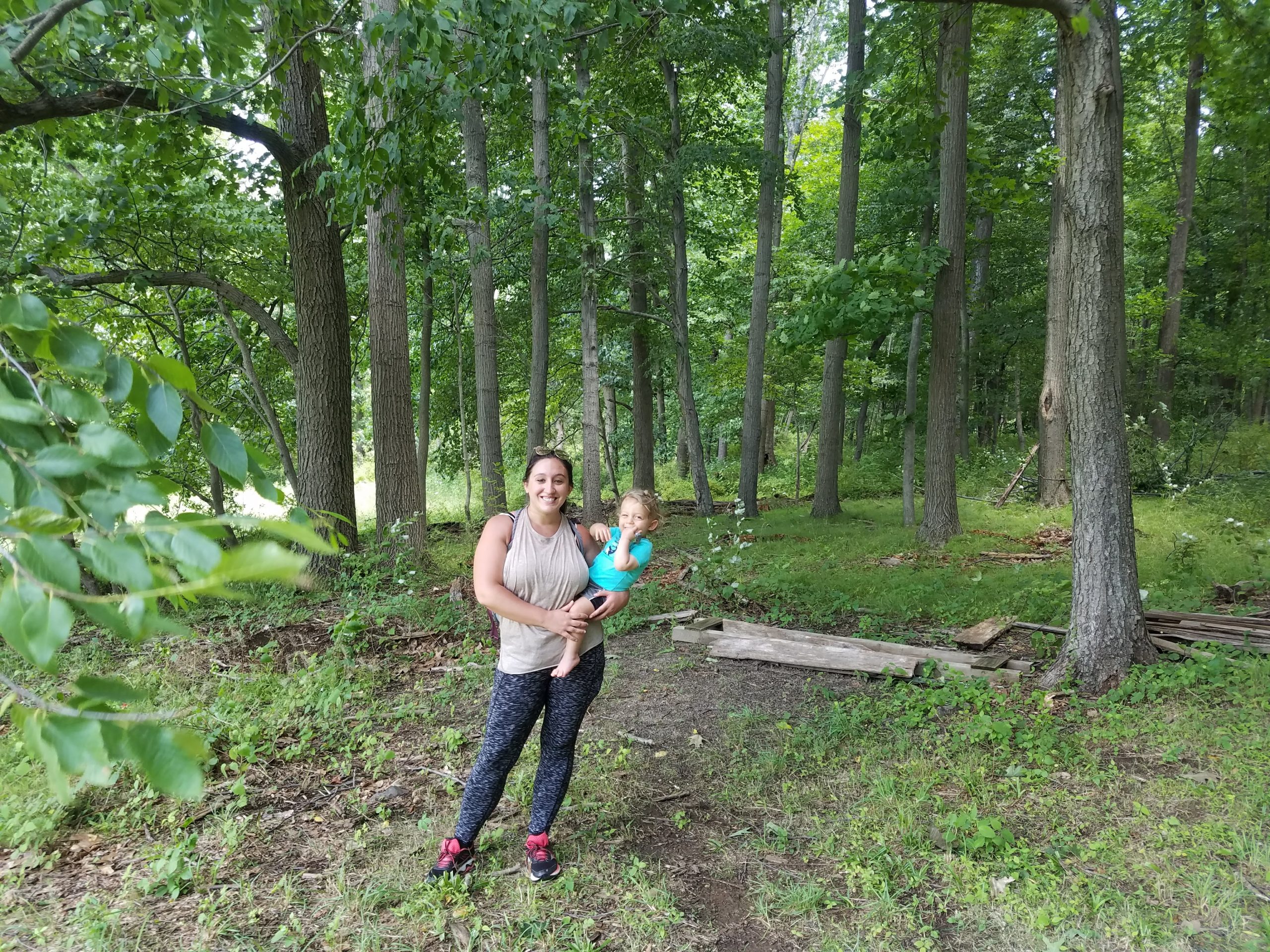
Resources:
Alexander Hamilton: Ron Chernow.
National Parks Service Official Government Website.


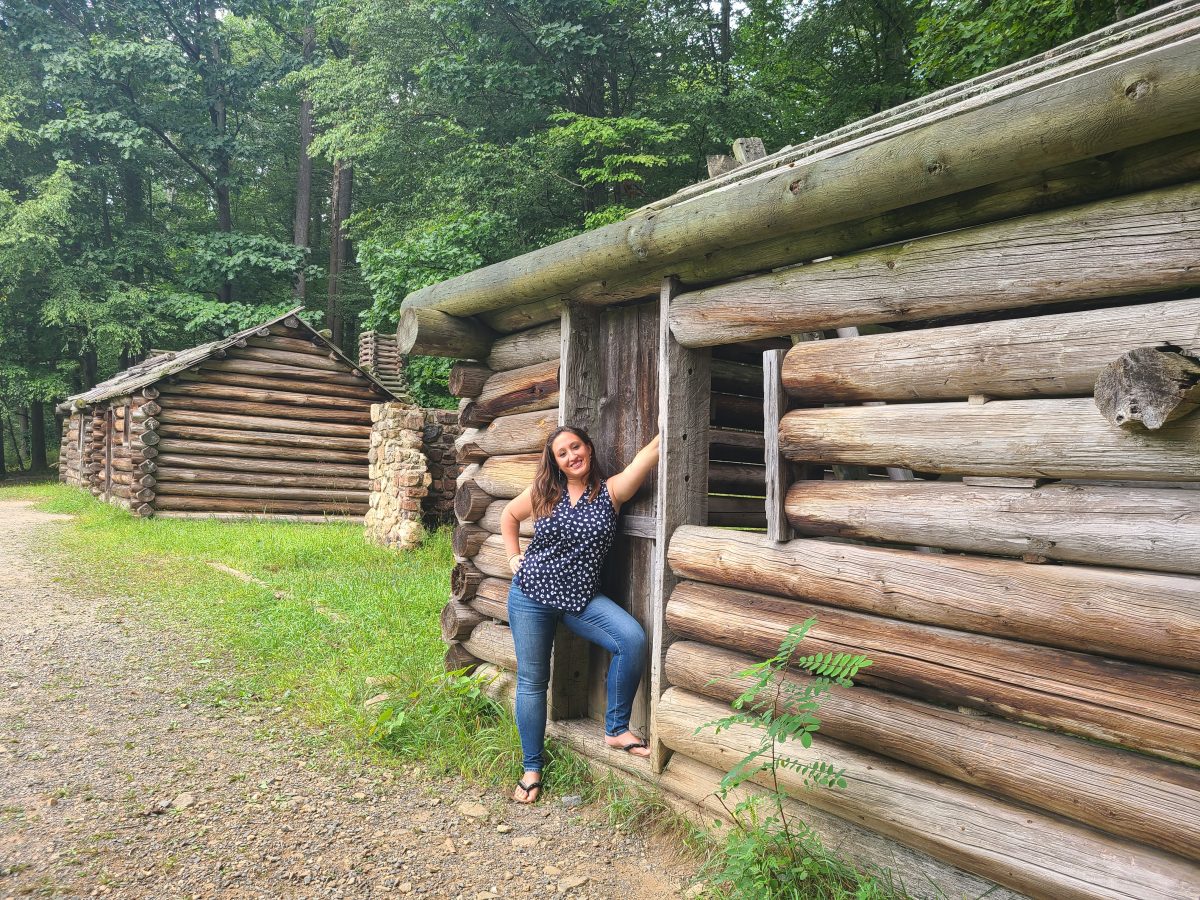

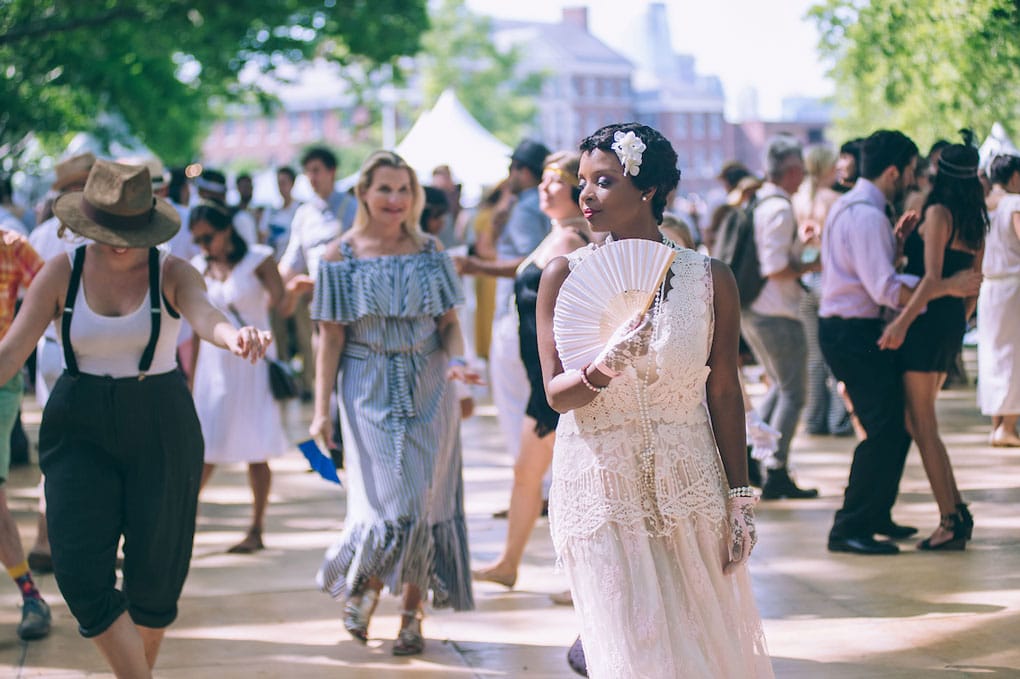
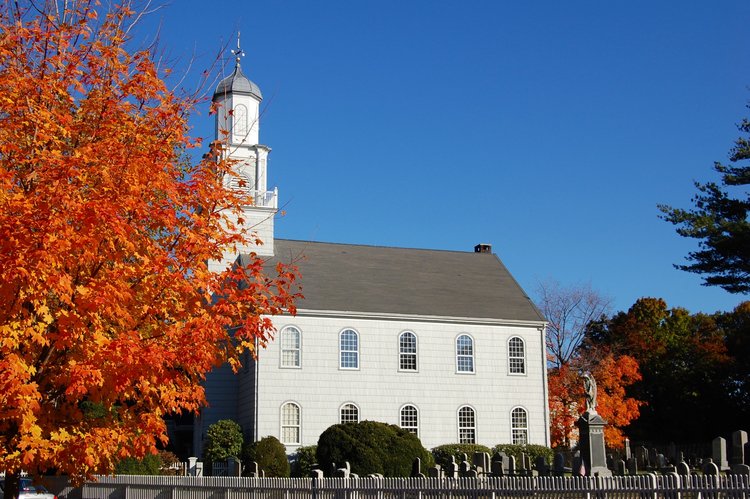
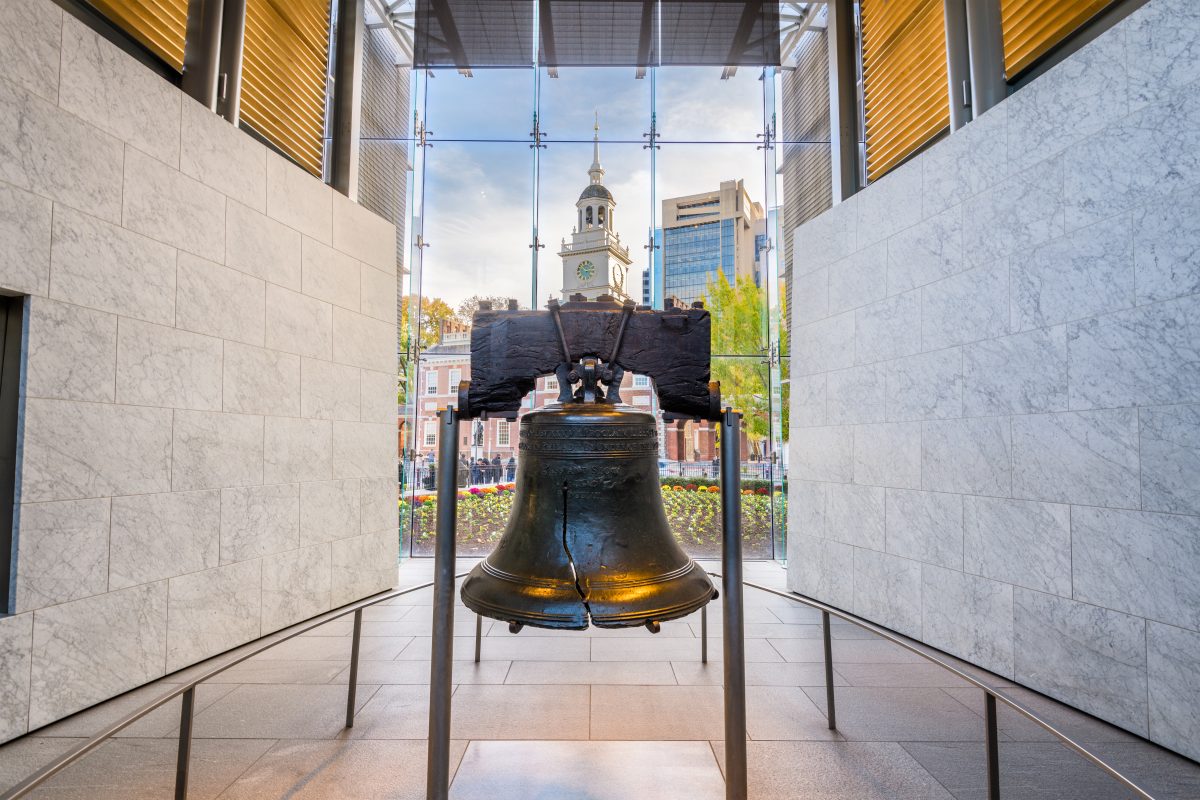
0 comment